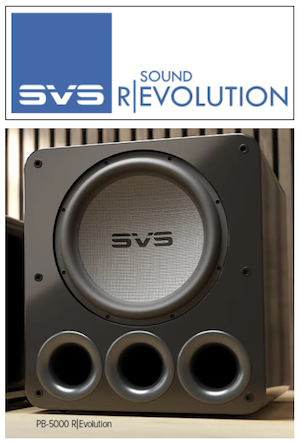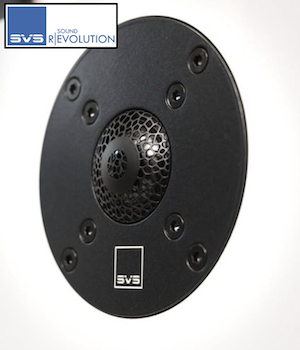Grayson Dere
Moderator
More
- Preamp, Processor or Receiver
- Integra DTR 7.8
- Main Amp
- Class D Audio: SDS-470CS
- Additional Amp
- Shellbrook Audio Hybrid Head headphone amp
- Universal / Blu-ray / CD Player
- Sony UBP-X700
- Streaming Subscriptions
- Origin Live Aurora MKIII turntable
- Front Speakers
- Vandersteen Model 2
- Subwoofers
- SVS PB-2000
- Other Speakers
- Grado SR 325is headphones
- Screen
- Elite Screen 120"
- Video Display Device
- JVC DLA-X75
I've heard and read about many audiophiles that leave their equipment on all the time for its audible benefits. I recently came across an older article from PS Audio that explains some other benefits of this practice. Does anyone have differing thoughts on leaving solid state gear on 24/7?
"If you switch off the power to your equipment day in and day out it won’t last as long as simply leaving it powered on. Why? Because the inrush current to charge your power supply up takes its toll over time – while steady state power has no such problem. Your electronics take a small thrashing every time you plug and unplug them from the power. "
-Paul McGowan
Source: https://www.psaudio.com/pauls-posts/leave/
As a side question, has anyone actually left a solid state amp on without turning it off for more than 2 days and experienced night and day audible differences as opposed to listening after just an hour of warm-up time? I've tried this with my Class D amplifier and I can't tell if I'm just experiencing placebo effect...after 24 hours of leaving my amp on I think I'm hearing less harshness and more instrument clarity/separation. Am I crazy? : )
"If you switch off the power to your equipment day in and day out it won’t last as long as simply leaving it powered on. Why? Because the inrush current to charge your power supply up takes its toll over time – while steady state power has no such problem. Your electronics take a small thrashing every time you plug and unplug them from the power. "
-Paul McGowan
Source: https://www.psaudio.com/pauls-posts/leave/
As a side question, has anyone actually left a solid state amp on without turning it off for more than 2 days and experienced night and day audible differences as opposed to listening after just an hour of warm-up time? I've tried this with my Class D amplifier and I can't tell if I'm just experiencing placebo effect...after 24 hours of leaving my amp on I think I'm hearing less harshness and more instrument clarity/separation. Am I crazy? : )













